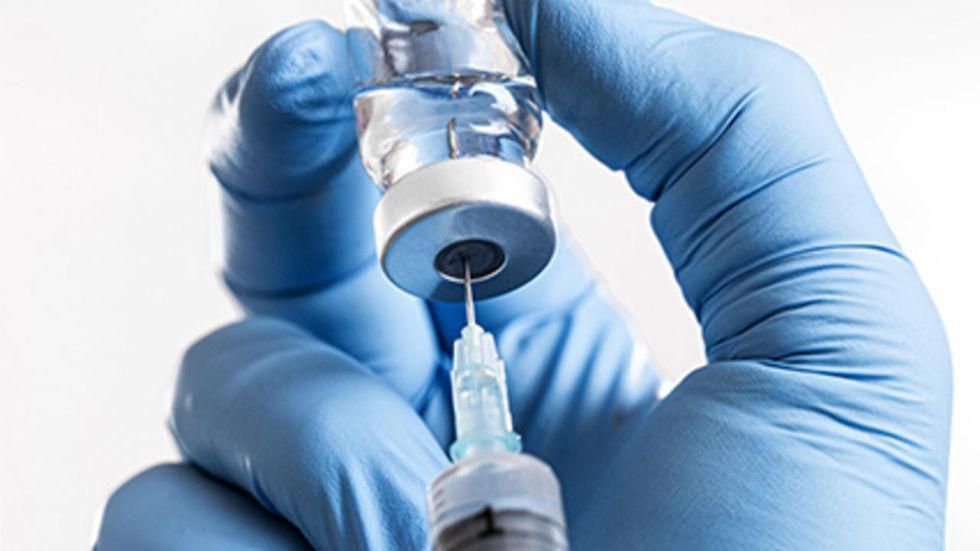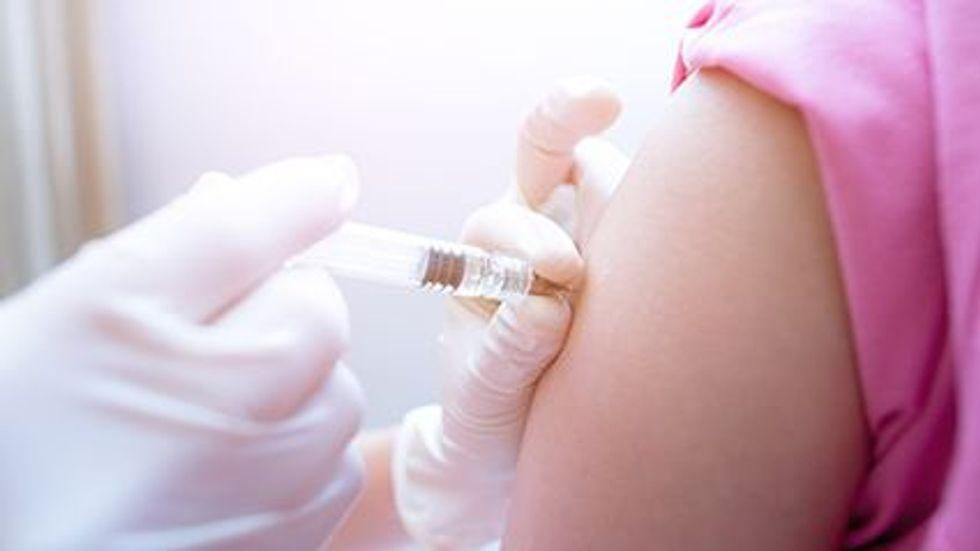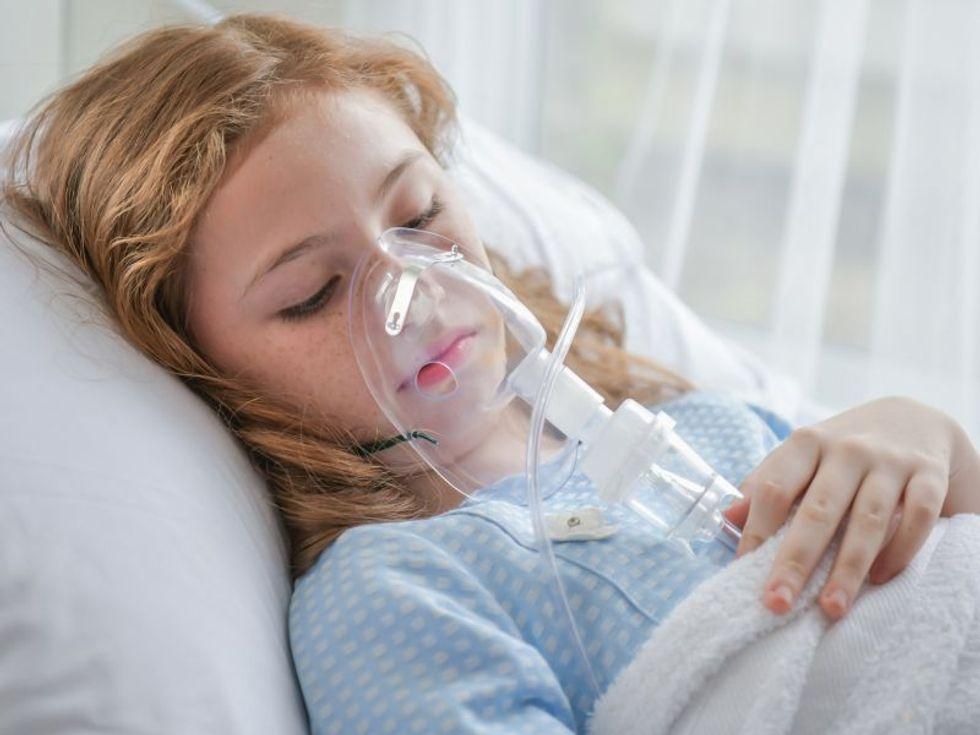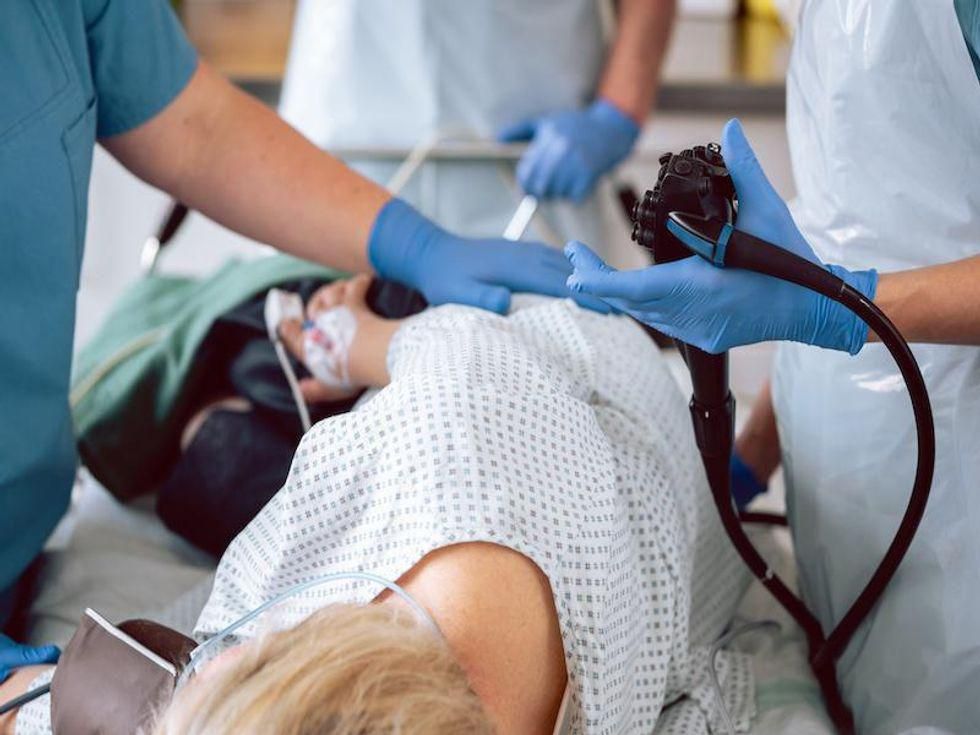
Virginia Terrell knew she wouldn’t be allowed visitors after she checked into the hospital with COVID-19 late last month, but being braced for that reality didn’t make her week-and-a-half stay any easier. “You get pretty lonely,” said Terrell, 59, who was treated at WakeMed and Duke Health hospitals in Raleigh, N.C. “It’s helpful knowing that… read on > read on >






























